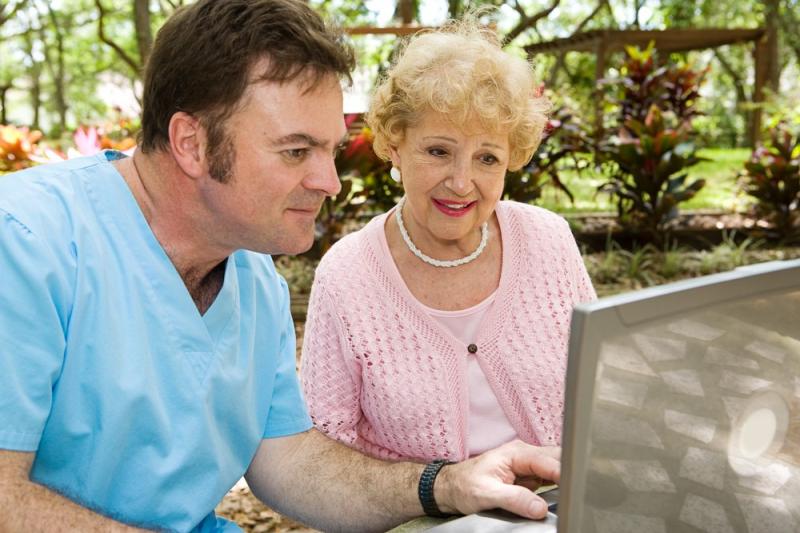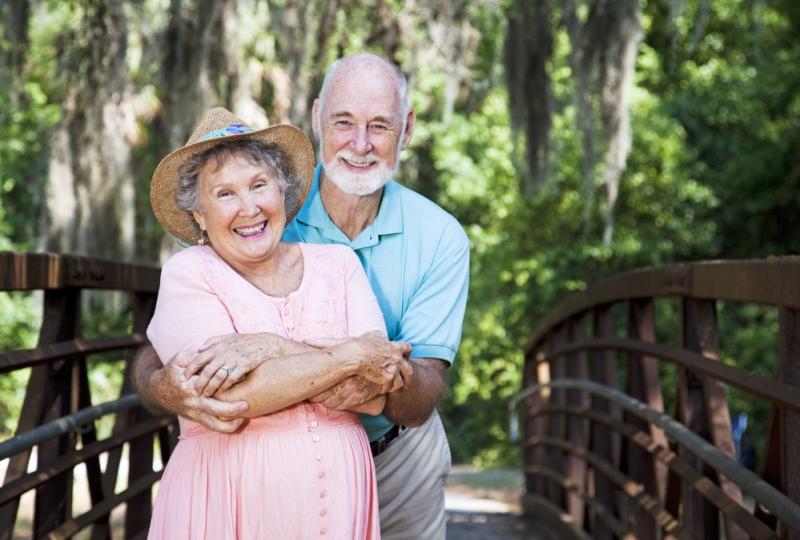What Agency Regulates Nursing Homes in Florida?

The decision to transition an elderly loved one into an assisted living facility can be a difficult but necessary choice. Sometimes for the quality of life, dignity, and safety of our aging loved ones, they must be placed into long-term care once their health needs can no longer be met at home.
If you are facing this choice, how do you know which nursing homes are reputable and safe? What do you do if you suspect the nursing home your loved one resides is neglectful or abusive? Luckily, there are a number of resources and regulations in place in Florida to make it easier to find and report nursing homes.
Florida is the most popular destination in the United States for retirees, with nearly five million Florida residents aged 65 or over. If you are new to Florida or you’re unfamiliar with its state regulators in the field of elderly care, there are a number of useful resources available to assist you in selecting the appropriate home for your loved one.
Florida’s Nursing Home Regulation Authority
The regulatory authority that oversees nursing homes in Florida is called the Agency for Health Care Administration (AHCA). The AHCA is an agency of the Florida executive branch, which is responsible for licensing and overseeing compliance with health regulations in all medical facilities, including nursing homes.
Finding a Nursing Home for Your Loved One
Another aspect of the state’s regulatory authority is FloridaHealthFinder.gov, which offers a comprehensive guide to minimum standards for nursing homes in the state. The state nursing home guide includes a starred rating system and lists any shortcomings or deficiencies that may have come to light during state inspections.
Almost all licensed nursing homes in Florida receive funds from federal health and benefits programs. Because of this, they are required to comply with certain federal guidelines for nursing care. Between federal standards and Florida state regulations, all nursing homes are required to follow these practices at a minimum:
- Ensure residents are able to or assisted in bathing, eating, communication, mobility, and hygiene
- Maintain good nutrition and hydration for residents throughout the day
- Maintain respect, dignity, and quality of life in all residents
- Ensure consistent and proper access to pharmaceutical care
- Allow residents to choose their own activities and schedules and give residents the freedom to choose their own healthcare provider if possible
- Be kept clean and hygienic to minimize illness

What Should I Do if I Suspect Something Is Wrong at a Nursing Home?
If your loved one has been injured or wronged while under a nursing home’s care, it is crucial that you contact the authorities right away to report a crime. You should also consider contacting an elder abuse lawyer as you may be eligible to receive damages.
In our society, we place an enormous amount of trust in nursing home staff to take care of our elderly loved ones. Elderly people are among society’s most vulnerable. As such, they can also easily fall victim to various types of elderly abuse, including financial scamming, physical or psychological abuse, and neglect.
If you have any reason to suspect that your loved one is being neglected or abused, it is critical that you act fast and immediately alert the authorities. For emergency response or criminal investigation into suspected abuse, call the police right away.
There is also a long-term care ombudsman program staffed with volunteers in 13 Florida offices that act as advocates and representatives for elderly abuse or neglect victims. These volunteers will often also offer counseling and support services for the elder in need.
Be sure to take advantage of the resources available in Florida to find out what the best nursing home options are for you and your loved one. Knowing your elderly family member is in safe, capable hands will make the decision to place them into care easier on both of you.
More to Read:
Previous Posts:








